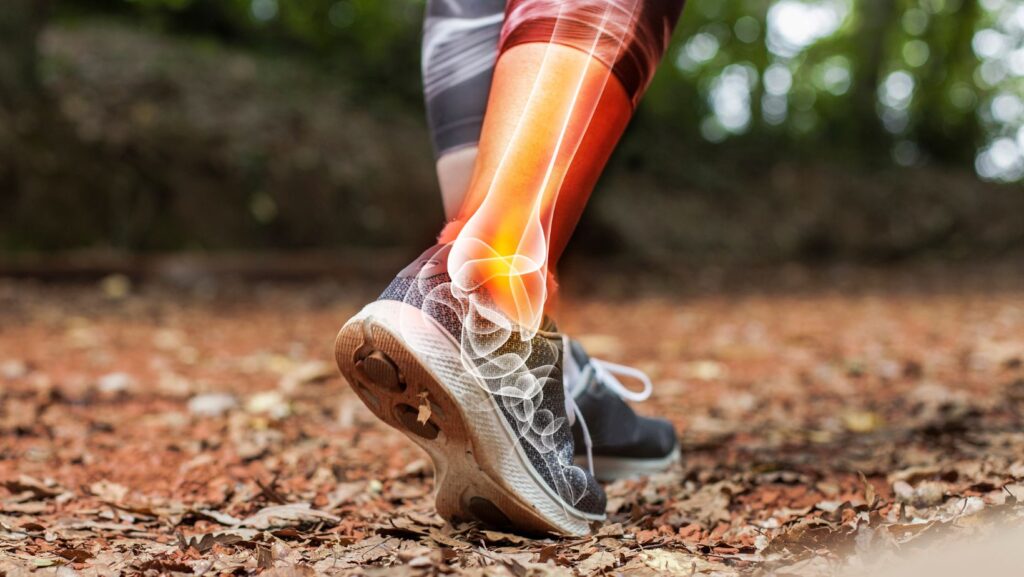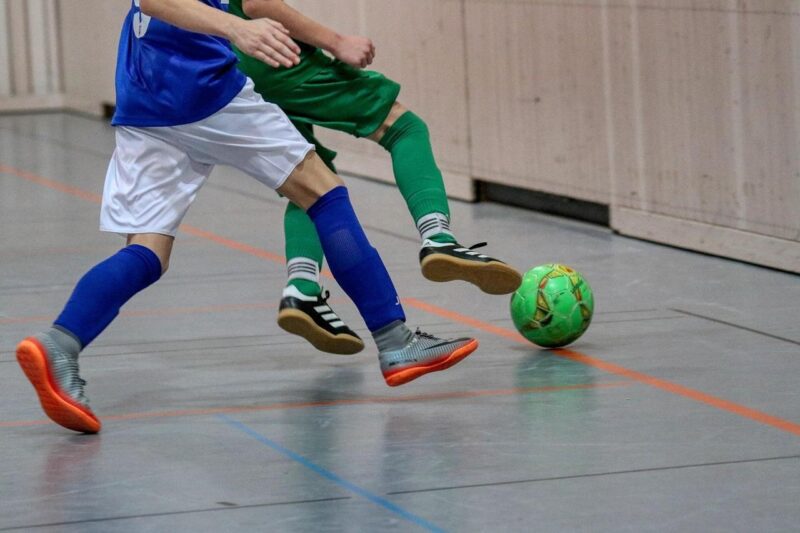
With over 8.6 million sports-related injuries occurring annually in the United States alone, the field of orthopedic sports medicine plays a crucial role in keeping athletes performing at their best. From professional athletes to weekend warriors, the impact of these injuries goes beyond the physical realm, affecting individuals’ mental and emotional well-being.
Understanding the importance of timely and effective treatment and preventive measures is essential in ensuring athletes can continue pursuing their passion. In this discussion, we will explore the key aspects of orthopedic sports medicine that are vital in maintaining the longevity and success of athletes in various sports disciplines.
Importance of Orthopedic Sports Medicine
Orthopedic sports medicine plays a crucial role in the well-being and performance of athletes, ensuring their swift recovery and sustained ability to compete at their best. In injury prevention, orthopedic specialists are at the forefront of implementing strategies to minimize the risk of harm during athletic activities. Through personalized training programs, proper equipment recommendations, and biomechanical assessments, these experts help athletes avoid common injuries that could sideline them.
In the realm of treatment options, orthopedic sports medicine offers a wide array of cutting-edge solutions to address various injuries promptly and effectively. From non-invasive procedures like physical therapy and regenerative medicine to surgical interventions such as arthroscopic surgery or joint replacements, athletes can access comprehensive care tailored to their specific needs. By combining advanced medical techniques with a deep understanding of sports-related injuries, orthopedic specialists play a vital role in facilitating athletes’ recovery journeys and enabling them to return to their sport stronger than before.
Common Sports-Related Injuries
In sports, injuries can be both common and impactful, often requiring prompt and specialized care to ensure athletes can continue performing at their best. Common sports-related injuries like sprains, strains, fractures, and dislocations are prevalent among athletes of all levels. When faced with such injuries, seeking immediate medical attention is crucial to prevent further damage and expedite recovery.
Treatment options for sports injuries vary depending on the type and severity of the injury. They may include rest, ice, compression, elevation (RICE), physical therapy, medication, or in some cases, surgery. Treatment choice is usually determined by a thorough evaluation from a sports medicine specialist who tailors the approach to suit individual needs.
Recovery from sports-related injuries is a gradual process that requires patience and dedication. Athletes are often guided through rehabilitation programs to regain strength, flexibility, and function. Adhering to the recommended recovery plan and following medical advice diligently can significantly impact the speed and success of recovery. Remember, taking care of your body and following proper treatment and recovery protocols are essential steps in returning to the game stronger and healthier.
Role of Rehabilitation in Recovery
After experiencing common sports-related injuries, proper rehabilitation plays a crucial role in your recovery journey back to peak performance. Rehabilitation techniques are tailored to your specific injury, focusing on restoring strength, flexibility, and function. By following a structured rehabilitation program, you can expedite your recovery and reduce the risk of re-injury.
Engaging in rehabilitation not only aids in physical healing but also promotes mental resilience. It provides you with the tools and guidance needed to navigate the challenges of returning to your sport confidently. Through consistent participation in rehabilitation sessions, you can improve your recovery outcomes and regain the confidence necessary to perform at your best.
Rehabilitation techniques such as physical therapy, strength training, and targeted exercises are designed to address the root cause of your injury while enhancing overall performance. By actively participating in your rehabilitation process and adhering to healthcare professionals’ guidance, you can optimize your recovery and get back to doing what you love – playing sports at your peak level.
Preventive Care Strategies for Athletes
Implementing proactive measures through tailored training programs and injury prevention protocols is essential for athletes to maintain peak performance and minimize the risk of setbacks. Nutrition guidance is crucial in ensuring athletes have the energy and nutrients needed for optimal performance and recovery. A balanced diet rich in lean proteins, complex carbohydrates, and essential vitamins and minerals can support muscle function and overall health.
Injury prevention is another key aspect of preventive care for athletes. Proper warm-up routines, cool-down sessions, and targeted stretching exercises can help reduce the risk of common sports injuries. Additionally, incorporating strength and flexibility exercises into training programs can improve muscle stability and joint mobility, lowering the likelihood of injuries.
Enhancing Athletic Performance
Athletes must optimize their training routines and incorporate strategic recovery practices to enhance athletic performance effectively. Nutrition plays a crucial role in fueling your body for peak performance. Ensure you’re consuming a balanced diet rich in lean proteins, complex carbohydrates, and healthy fats. Hydration is key; drink plenty of water and consider electrolyte-replenishing drinks for intense workouts.
In addition to physical training, mental preparation is vital. Develop mental toughness through visualization techniques, positive self-talk, and mindfulness practices. Cultivate a strong mindset that can push you through challenges and setbacks.
Recovery is as important as training. Incorporate rest days into your schedule to prevent burnout and allow your body to heal. Utilize recovery tools like foam rollers, massages, and ice baths to aid in muscle recovery and reduce the risk of injuries.
Conclusion
As an athlete, you understand the importance of staying in the game. Orthopedic sports medicine is crucial in keeping you performing at your best. You can stay on the field and reach your full potential by addressing common injuries, focusing on rehabilitation, and implementing preventive care strategies.
Remember, enhancing your athletic performance starts with taking care of your body. Stay proactive and keep pushing yourself to new heights. You’ve got this!














